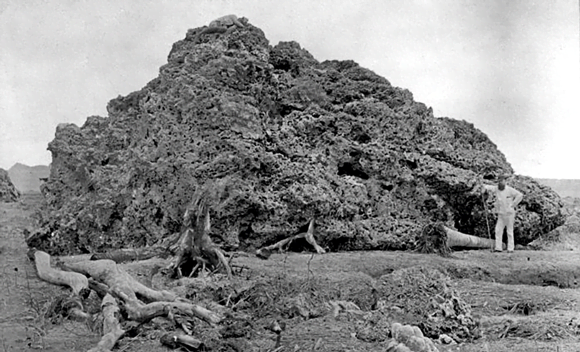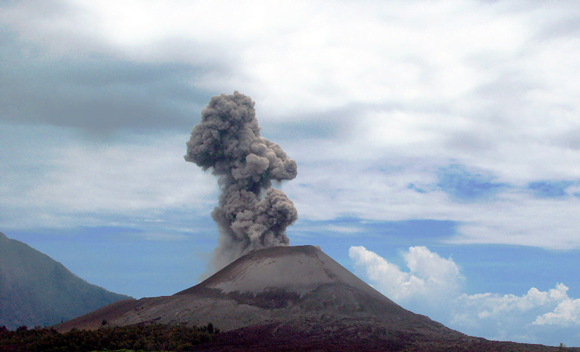The explosion was reportedly heard 4800 km (3000 miles) away, where people described the sound as "cannon fire from a nearby ship”.
The Batavia gasworks (North Jakarta), 160 km (99 miles) away from the source, registered a sound pressure level spike of more than 2½ inches of mercury (8.5 kPa), equivalent to 172 decibels. The sound pressure wave traveled the globe seven times in total over the following five days.
In comparrison Microphone Type 4966-L-001 is designed for high sound pressure level (SPL) measurements – such as in the proximity of a jet engine - provides a dynamic range of 144 dB.

Nature is a law unto itself, and there is nothing we can do to combat its extremities, in this case, extreme sound. However, we can do something about sounds created by man. Read about the deafening noise in Europe where new laws and standards are constantly taking shape.


뉴스레터를 구독하고 소리와 진동에 대한 최신 이야기를 만나보세요

